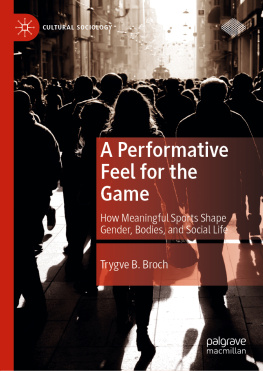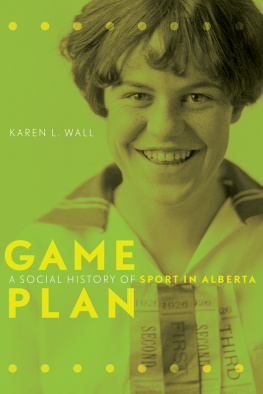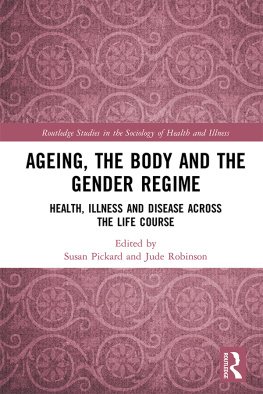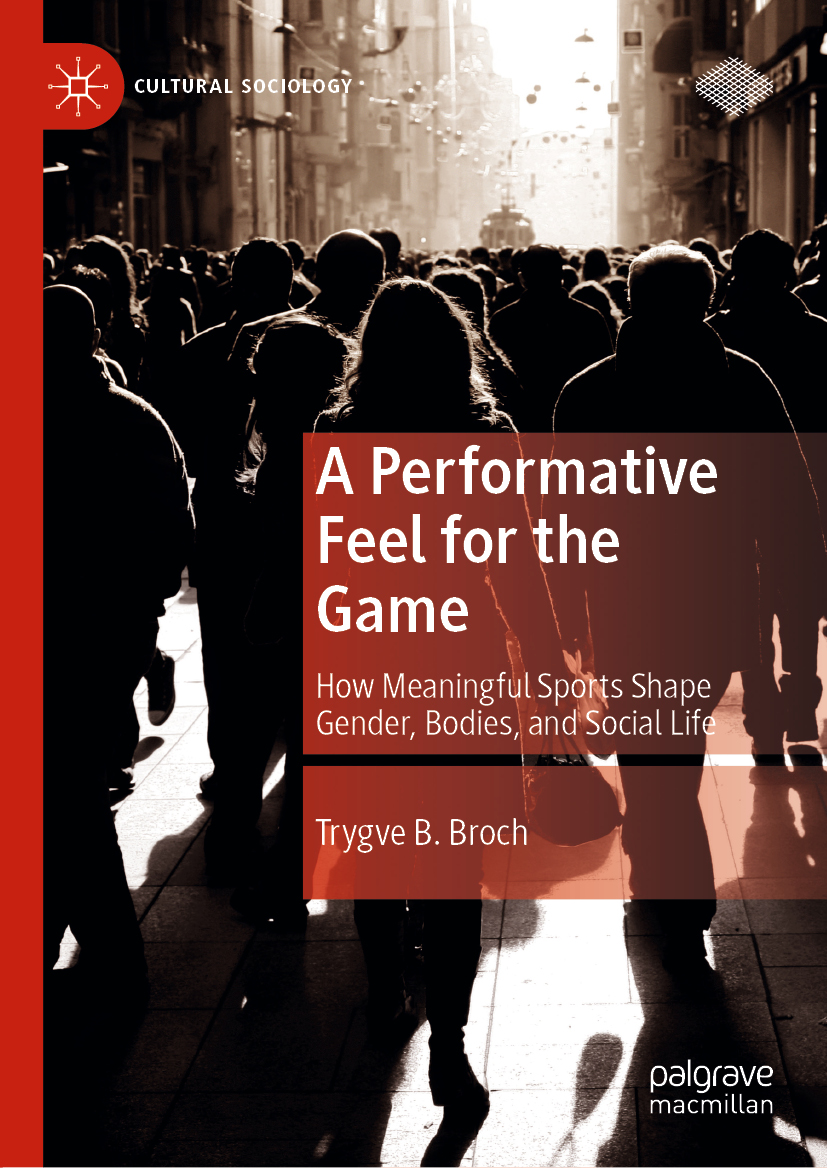Cultural Sociology
Series Editors
Jeffrey C. Alexander
Center for Cultural Sociology, Yale University, New Haven, CT, USA
Ron Eyerman
Center for Cultural Sociology, Yale University, New Haven, CT, USA
David Inglis
Department of Sociology, Philosophy and Anthropology, University of Exeter, Exeter, Devon, UK
Philip Smith
Center for Cultural Sociology, Yale University, New Haven, CT, USA
Cultural sociology is widely acknowledged as one of the most vibrant areas of inquiry in the social sciences across the world today. The Palgrave Macmillan Series in Cultural Sociology is dedicated to the proposition that deep meanings make a profound difference in social life. Culture is not simply the glue that holds society together, a crutch for the weak, or a mystifying ideology that conceals power. Nor is it just practical knowledge, dry schemas, or know how. The series demonstrates how shared and circulating patterns of meaning actively and inescapably penetrate the social. Through codes and myths, narratives and icons, rituals and representations, these culture structures drive human action, inspire social movements, direct and build institutions, and so come to shape history. The series takes its lead from the cultural turn in the humanities, but insists on rigorous social science methods and aims at empirical explanations. Contributions engage in thick interpretations but also account for behavioral outcomes. They develop cultural theory but also deploy middle-range tools to challenge reductionist understandings of how the world actually works. In so doing, the books in this series embody the spirit of cultural sociology as an intellectual enterprise.
More information about this series at http://www.palgrave.com/gp/series/14945
Trygve B. Broch
A Performative Feel for the Game
How Meaningful Sports Shape Gender, Bodies, and Social Life
Trygve B. Broch
Inland Norway University of Applied Sciences, Elverum, Norway
Cultural Sociology
ISBN 978-3-030-35128-1 e-ISBN 978-3-030-35129-8
https://doi.org/10.1007/978-3-030-35129-8
The Editor(s) (if applicable) and The Author(s), under exclusive license to Springer Nature Switzerland AG 2020
This work is subject to copyright. All rights are solely and exclusively licensed by the Publisher, whether the whole or part of the material is concerned, specifically the rights of translation, reprinting, reuse of illustrations, recitation, broadcasting, reproduction on microfilms or in any other physical way, and transmission or information storage and retrieval, electronic adaptation, computer software, or by similar or dissimilar methodology now known or hereafter developed.
The use of general descriptive names, registered names, trademarks, service marks, etc. in this publication does not imply, even in the absence of a specific statement, that such names are exempt from the relevant protective laws and regulations and therefore free for general use.
The publisher, the authors and the editors are safe to assume that the advice and information in this book are believed to be true and accurate at the date of publication. Neither the publisher nor the authors or the editors give a warranty, expressed or implied, with respect to the material contained herein or for any errors or omissions that may have been made. The publisher remains neutral with regard to jurisdictional claims in published maps and institutional affiliations.
Cover illustration: imagedepotpro/E+/Getty Images
This Palgrave Macmillan imprint is published by the registered company Springer Nature Switzerland AG
The registered company address is: Gewerbestrasse 11, 6330 Cham, Switzerland
To Camilla
Series Editor Preface
When teaching about sex and gender the sociologist will typically look to the anthropological corpus. Examples from cultures where they do things differently are used to decouple biological sex from socially constructed gender roles. The Indianhijraand the Navajonadleare familiar exhibits in this cosmopolitan tour. With their assistance, western classifications and behavioral norms that have been inculcated since childhood are suddenly rendered arbitrary and fungible in the minds of students. Assumptions are destabilized and, normatively, a space is opened for rethinking gender, power, and patriarchy.
In this book Broch ingeniously turns the method upon sports sociology. It is not our students who are in need of the jolt that might lead to creative, critical rethinking but the academic field. Over recent decades, the sport/gender research nexus has assembled a remarkably impressive and internally consistent body of work of monumental proportions. Hegemonic masculinity is enacted in sport. The sporting values of physical prowess, toughness, and endurance are coded as male. Sport in turn reproduces the gender order. Womens sports are devalued. Women who excel in sport are trivialized or seen as deviant and dangerous. They violate the cultural codes of womanhood. Few could disagree that this is the approximate lie of the land. But repetition has somehow naturalized and familiarized what should be made anthropologically strange. The connection between the cultural codes of sport and those of the gender order is arbitrary, not necessary. The point is often made but case study after case study seems to underline in a somewhat formulaic way how they are irrevocably glued together. Now it is the sociological community that conflates the sports code with the gender code, much as in everyday life sex and gender are fused. For habitual thinking to end they need to be taken apart.
Brochs exhibit is not an exotic culture that can be easily seen and dismissed as other or as a dying anachronism outside of modernity but the prosperous, Caucasian European nation of Norway. He shows how in the case of Norwegian handball the sports/gender code is flipped. Women embody resilience, determination, and the capacity to take pain. It is the men and the boys who are critiqued as wimps, who lack toughness, and who fail to measure up. They have to learn to play like girls. This is no telescopic reading of discourses but rather a study of how shared circulating meanings penetrate from the media sphere down to everyday life. In a deep ethnography of two youth teams Broch shows just how sport and gender are reconfigured in the micro-details of everyday life: In ponytails and sports tape; the minibus and the locker room; in bragging and sandbagging. And if he shows sport isall aboutgender he also shows it is notjust aboutgender. It is also a realm of drama, performance, fun, creativity, effort, and excellence. There is an element of the sacred and of enchantment. All too often sports sociology has rushed to make sense of the negative social consequences of sports. In so doing, it has run straight past the socially relevant, sociologically fascinating meanings that offer motivation and enchantment in the life world. Lets face it, reproducing the gender order is probably not the reason anybody shows up for training on a wet Thursday night. So why do they? This book has many of the answers.
Gender/sports sociology has been tremendously successful but it has become predictable and complacent. Like an aging Olympian it is resting on its laurels. By turning away from the canon of sports sociology with its somewhat predictable citation patterns and towards the foundational resources of more general cultural sociology, Broch is able to see and theorize things afresh. And so this book is more than a study of Norwegian womens handball. It is a wakeup call to a sleeping giant: Now is the time to lace up those sneakers and get back to work.









